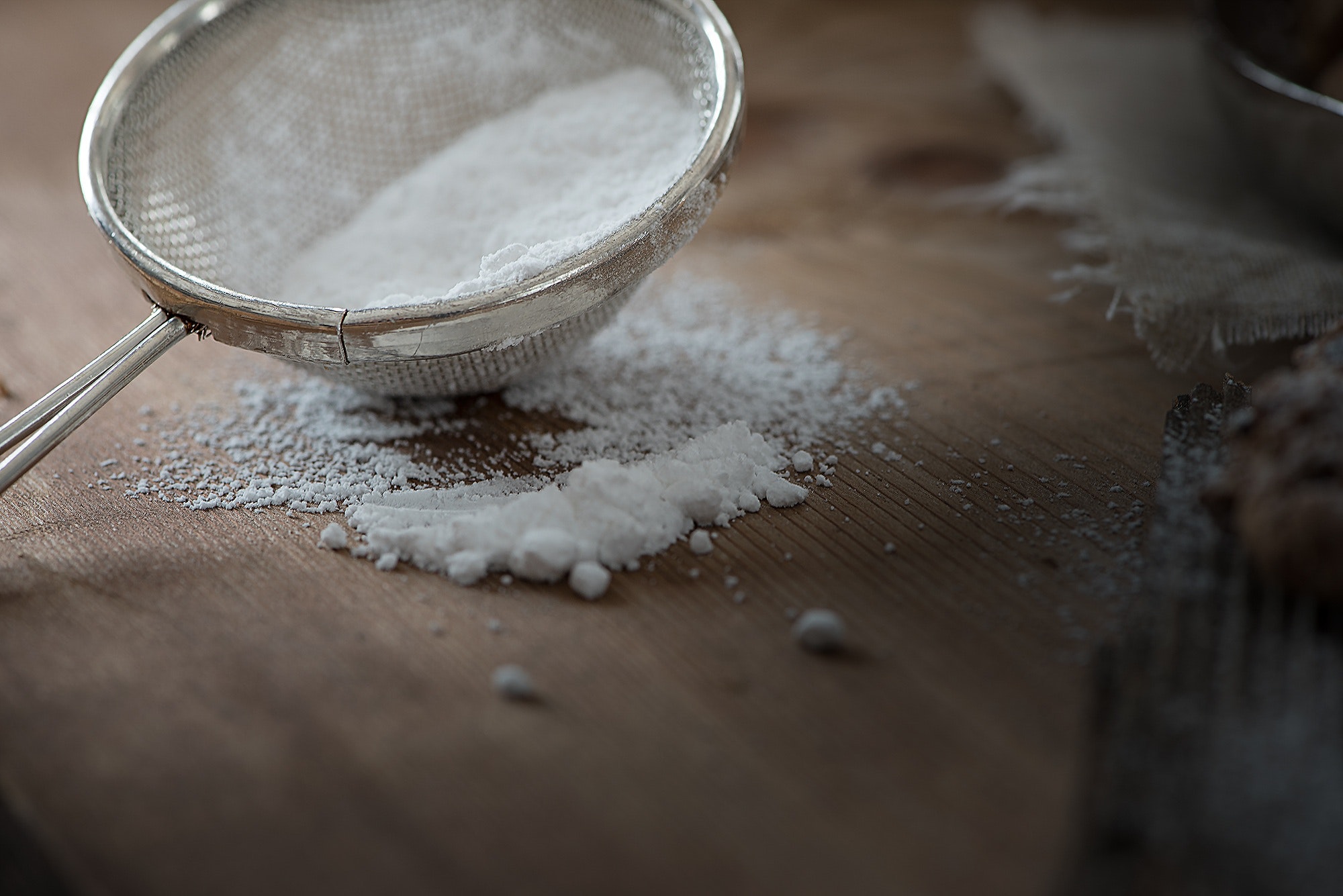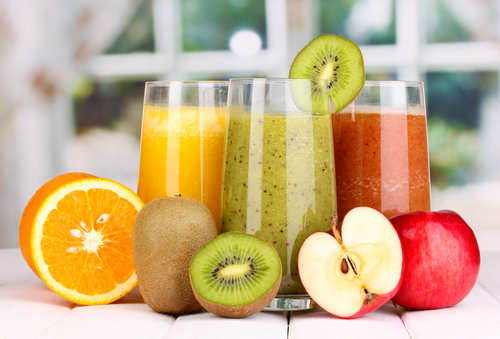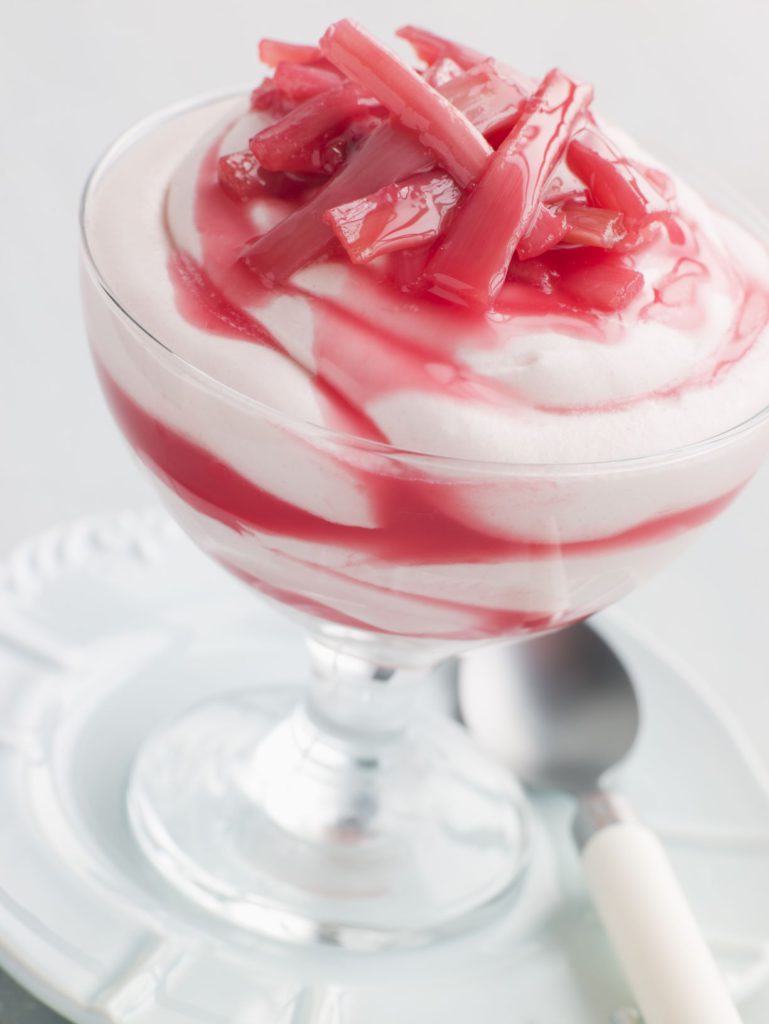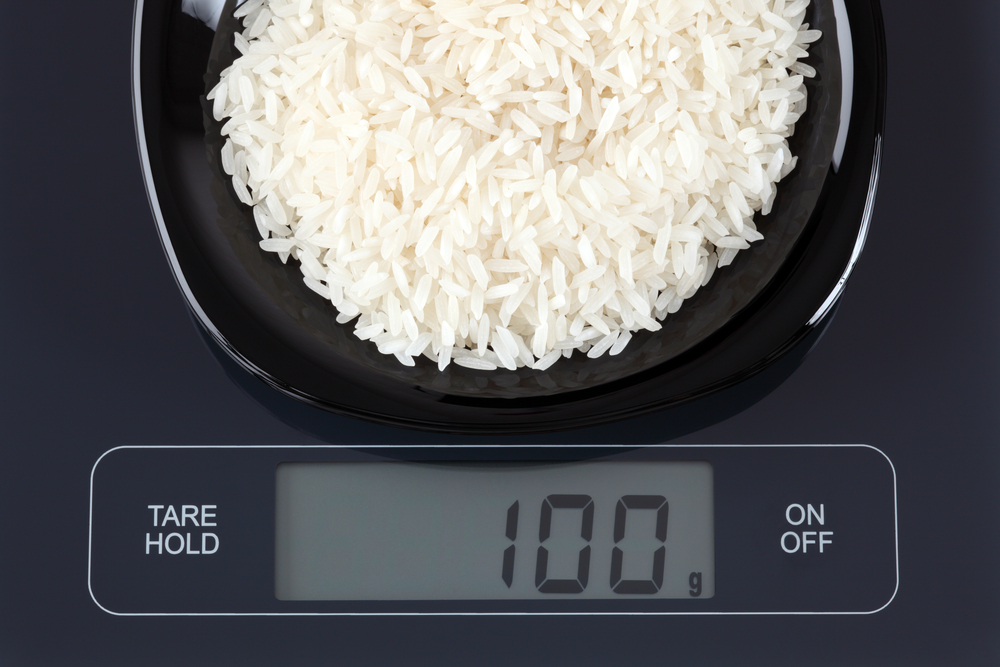Sugar

Sugars are less complex carbohydrates, and can be broken down into glucose much faster. This means that they will cause a much more rapid increase in your blood glucose when you eat them. Sugars can be broken down into two types: added and natural sugars.
The most common type of sugar you will be familiar with is sucrose, best known as table sugar, which is commonly used to sweeten foods and drinks. This is an added sugar. Although you may not need to completely omit foods such as biscuits, chocolates, cakes and desserts, doing so will help your diabetes, and it is strongly advised to avoid large quantities.
There are two different sources of naturally occurring sugar: lactose and fructose. Lactose is contained within milk, which is essential in providing protein and calcium, whereas, fructose is contained within fruit, which is particularly important in providing fibre, as well as important vitamins and minerals. Although these products contain natural sugar, it is important to include them in your daily intake.
With gestational diabetes, it is important to try to limit your sugar intake to gain greater control over your blood glucose. Here are some tips that might help you:

Avoid full sugar and energy drinks, opt for diet or no added sugar varieties.
Do not add sugar to drinks such as tea and coffee. It is safe to use an artificial sweetener instead e.g. Candarel, Sweetex, Truvia, Splenda or Hermesetas.

Avoid large quantities of fruit juice, by limiting yourself to one small glass (150 ml) of unsweetened fruit juice per day and spread other fruit portions across the day.

Yoghurts contain both added and natural sugar, to limit the impact on your blood glucose levels avoid low fat yoghurts and choose diet or light options instead.

It can be helpful to weigh things like breakfast cereals, pasta and rice to make sure you are sticking to recommended portion sizes.
You can find the NHS recommended portion sizes for all food groups by clicking here.



Leave a Reply
You must be logged in to post a comment.